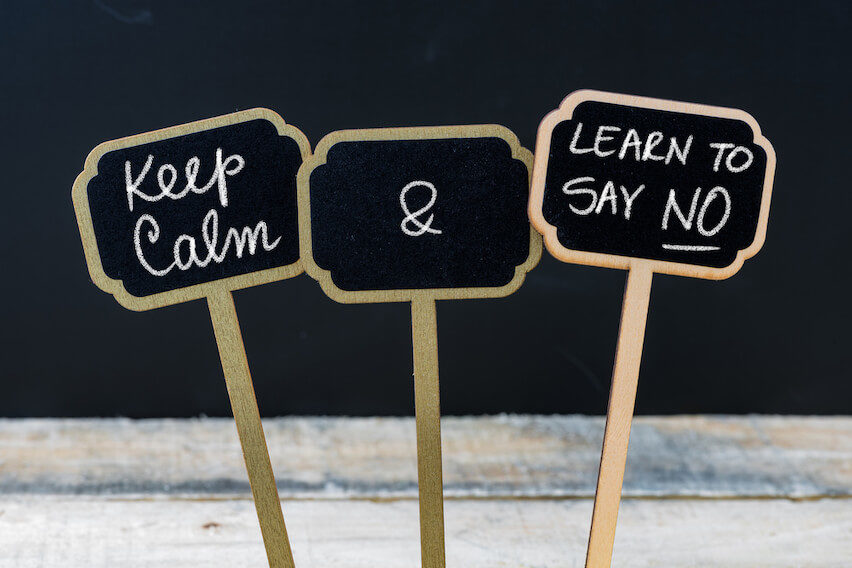Did you know that most people feel guilty when they say “no”? It’s natural, but it can hurt your confidence. You might even feel like everyone is against you.
If saying “no” makes you uncomfortable, it could be a sign. You may need to set better boundaries. Learning to say “no” without guilt will help you feel more in control.
Why Do We Feel Guilty Saying “No”?
People often feel guilty because they take on too much. If you are always helping others, it can be hard to say “no”. You might worry about disappointing them.
Before agreeing to something, ask yourself: Am I already doing too much? If the answer is yes, then it’s okay to say “no”.
How to Say “No” Without Guilt
1. Don’t Feel Pressured to Say Yes

Helping others is good, but not at your own expense. If you always say “yes,” you might burn out.
You don’t have to accept every social invitation. Saying “no” gets easier with practice.
2. Help When You Can, But Set Limits
Helping others feels good. But it shouldn’t leave you drained.
Perfection isn’t real. If you try too hard, you might push yourself too far. It’s okay to do what you can and nothing more.
3. Be Clear About Expectations
Before you agree to something, understand what is expected. Many people assume things without asking.
Make sure you and the other person are on the same page. This helps avoid confusion later.
4. Be Assertive Without Feeling Bad
Being assertive means standing up for yourself while respecting others.
Here’s an example: During the pandemic, a friend asked me for a ride. I was okay with it until I found out they were unvaccinated. I told them, “It’s your choice not to get vaccinated. It’s my choice to avoid unvaccinated people.”
This set a clear boundary. It also removed any guilt or regret.
5. Show Empathy, But Stand Firm
Saying “no” doesn’t mean you don’t care. You can acknowledge someone’s feelings while still holding your ground.
Empathy helps people feel heard. But it doesn’t mean you must say “yes.”
Final Thoughts: Say “No” With Confidence
If saying “no” makes you feel guilty, remind yourself:
- Saying “no” does not make you a bad person.
- Set clear boundaries and protect your time.
- Prioritize your well-being.
- Use empathy, but stay firm.
When you say “no” with confidence, you take control of your life. No more guilt. No more regret.
Here’s another good read for you: How-to-deal-with-the-pressure-and-overwhelming-feelings-of-life/

